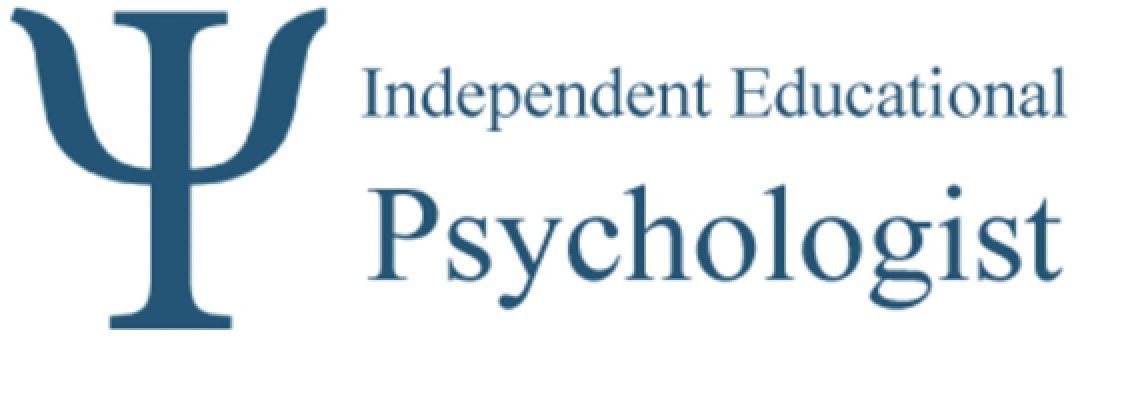
Who to consult?
The following information has been put together to help signpost parents to the right service. We know that every service is stretched at the moment so please ensure you’ve been through the Gloucestershire graduated pathway with your school before you request a referral.
It may be that you need to request an assessment with an occupational therapist, speech & language therapist or a mental health professional, rather than an educational psychologist. Of course, please always check that a professional is appropriately qualified and regulated before making any appointments.
Please remember that a formal diagnosis does not lead to any additional funding or support for schools.
Below are some things you may be seeking support or a diagnosis for with our suggestions of who you need to consult:
Dyslexia, identification of learning needs & exam arrangements
An Educational Psychologist or a specialist teacher can make these diagnoses – only after the child/young person has received intervention support over time, following the graduated pathway.
Some EPs and specialist teachers (but not all) can offer suggestions for 11+ exams and other exam arrangements.
GCSE exam arrangements must be carried out from Y9 onwards in conjunction with your SENCO or Head of Learning Support at school. There are strict guidelines and assessment procedures that must be followed.
Sensory needs, fine & gross motor skills, issues with balance/coordination, dyspraxia & dysgraphia.
These needs are identified by an Occupational Therapist.
An Educational Psychologist may consider and advise on these needs as part of their assessment, but they cannot diagnose them.
Referrals to an NHS Occupational Therapist (OT) can be made via your child’s school, GP or a self-referral. This referral should include the support has already been implemented by the school.
A parent can refer their child to an independent OT. Independent OTs often provide a diagnosis without confirmation from a paediatrician – whereas in the NHS the assessment findings are often referred back to a paediatrician for formal diagnosis.
A programme of support should be offered as an outcome of any OT assessment.
ADHD (attention difficulties) and ASC (social communication difficulties)
Before considering whether your child has ADHD or ASC, parents/young people should always investigate (and research) factors such as past trauma, screen and social media exposure, lifestyle and levels of stress in the family, anxiety levels, diet, and sleep hygiene. These are all contributing factors that can lead to attention or social difficulties.
It may also be worthwhile checking age-related expectations for your child’s specific age e.g. we would not expect a typically developing three-year-old to be able to sit still and attend for any length of time or be able to share.
Parents or carers with concerns about their child should speak to their education setting to discuss support needs and if a referral is appropriate.
An EP, behaviour specialist, advisory teacher and a speech and language therapist can assess and screen for attention and social communication difficulties, and their findings contribute towards a referral. They can also provide advice for support. However, as ADHD and ASC are a medical diagnosis, in Gloucestershire these are assessed via different pathways.
For information about autism and ADHD assessments visit glosfamilies directory
Your child’s school should have first followed the graduated pathway (support identified and supported via a My Plan or My Plan+) before a referral is considered. There are currently long waiting lists.
Private assessments can be sought through a clinical psychologist, a specialist clinic or a psychiatrist (although many of these also currently have long waiting times).
Whether you seek an assessment via the NHS or privately, all assessments should follow the NICE guidelines (e.g. be multidisciplinary) and should consider how your child functions at home and at school by involving school staff, and should include a face-to-face meeting with you and your child.
A full developmental history should be taken and considered, as there can be many causes of attention or social difficulties.
With or without a diagnosis, school staff should support your child’s needs according to the graduated pathway.
Social, emotional, mental health or behavioural needs
Around 1 in 8 children experience behavioural or emotional problems growing up. For some, these resolve over time, while others will need professional support. Remember, everyone feels low, angry, or anxious at times, but when these moods persist or pose a significant challenge, it may be pertinent to seek professional help.
Gloucestershire Health Living and Learning provides an extensive list of links and sources of support. https://www.ghll.org.uk/family/
Your child’s school may have useful pages on their website that may be able to signpost you. The school should offer support as part of the graduated pathway e.g. access to ELSA or nurture groups. Some schools in Gloucestershire have access to The Mental Health Support Teams (MHST) whose main role is to provide earlier care for children and young people who may be experiencing mild to moderate or early symptoms of mental health problems.
Secondary schools may have their own school counsellor.
Some further ideas for independent support
EPs are qualified to identify social, emotional, and mental health needs, and can offer therapeutic sessions However, they are busy people! It is often better to seek a qualified clinical psychologist, therapist, or behaviour specialist for ongoing anxiety and emotional support/therapy.
A clinical psychologist tends to work from a clinic setting and can work with individuals, families, and groups of different ages experiencing psychological distress or behavioural problems which disrupt their everyday functioning and wellbeing. They are trained in cognitive behavioural therapy as well as other psychotherapeutic approaches.
You could also review play/art therapists, behaviour therapists, counsellors, mentors, or equine therapists (run by psychotherapists).
Social communication and/or speech and language difficulties
Speech and language therapy provides treatment, support, and care for children and adults who have difficulties with communication, or with eating, drinking and swallowing.
Speech and Language Therapists work with pupils who have a range of needs including:
- Speech & language delay
- Developmental Language Disorder
- Auditory Processing Difficulties
- Attention and Listening Delay/Disorder
- Literacy difficulties
- Autistic Spectrum Disorder
- Hearing loss
- Down’s syndrome
- Selective mutism
- Verbal dyspraxia
EPs may identify some speech and language difficulties as part of their holistic assessment and be able to provide some general guidance. They might then advise a referral to a speech and language therapist for a more in-depth assessment.
Advice and referral can be made through your GP, health visitor, school nurse, SENDCo or other professionals who may be involved with your child. Parents in Gloucestershire can also refer their child by completing the booking form on the following website https://www.ghc.nhs.uk/our-teams-and-services/children-and-young-people/slt/
